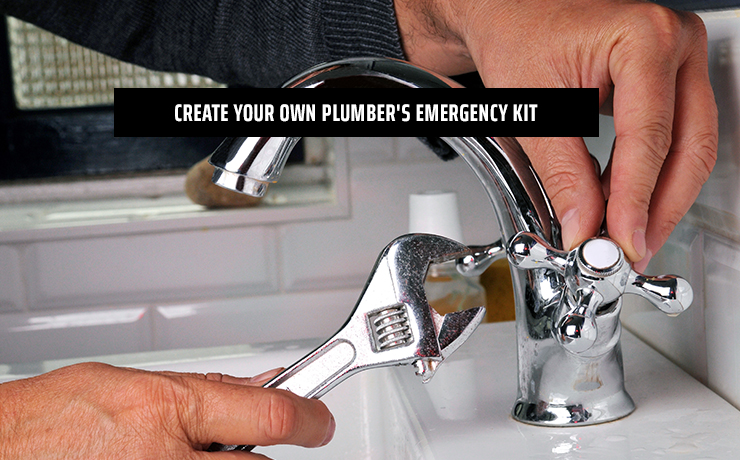A swimming pool is a valuable addition to any home. Whether you live in a warm or cold climate, the joys of having your private oasis are endless. Private swimming pools are so beneficial that even the people with beachfront houses have swimming pools installed.
A swimming pool not only adds value to your home but it also good for your physical and mental health. All swimming pools are ultimately divided into three main categories depending on the material used in their construction as listed below.
- Concrete Pools
- Fibre Glass Pools
- Vinyl Liner Pools
In this article, we will look at a few pros and cons of each type to help you understand the options a bit better.
Concrete Pools
Concrete is the conventional material used for building pools. Made up of a mixture of cement, sand, water and gravel, concrete offers unique characteristics that distinguish it from vinyl liners and fibreglass pools.
Advantages
Versatility: Concrete pools can be customized to any shape, size, or depth you desire.
Durability: Concrete is a durable and robust material that can last for decades if the pool is built correctly.
Disadvantages
High maintenance: Concrete is porous and can encourage the formation of algae. You will need to clean your pool regularly and maintain the optimal chlorine levels.
Installation: Concrete pools can take 3 to 6 months to install and require a lot of manpower, unlike the vinyl liner and fibreglass pools that can be done in weeks.
Fibre Glass Pools
Fibreglass is a type of plastic material reinforced with glass fibres in a resin matrix. With fibreglass pools, you select a predesigned shell, and the professionals install it for you.
Advantages
Low maintenance: Fibreglass is non-porous and does not support the growth of algae; thus it requires less cleaning and fewer chemicals than the concrete pools.
Easy installation: fibreglass pools are built offsite in a controlled environment then brought to your location for installation. This significantly cuts down on the installation time and costs.
Disadvantages
Fixed designs: Fibreglass pools come in predetermined shapes and sizes and cannot be modified in any way. You must choose from the available designs.
Vinyl Liner Pools
Vinyl liner pools are built from plastic, metal, or concrete and have vinyl liners seamed together and laid as the inner layer of the swimming pool walls and floor.
Advantages
Customizable: there is no limit to the length or shape of a vinyl pool. Much like concrete pools, vinyl liner pools can take any form.
Easy Maintenance: the vinyl is non-porous and does not encourage the growth of algae.
Quick and easy installation
Disadvantages
High maintenance cost: Replacing the vinyl liners is costly
Delicate: Swimmers must be careful not to enter the pool with sharp objects as they may tear the liner.
There are several factors that you should consider before signing a deal with a swimming pool construction company. While each pool has unique characteristics, you should choose one that ultimately makes you happy. You can learn to manage any disadvantage if you love the pool.
Read More:




